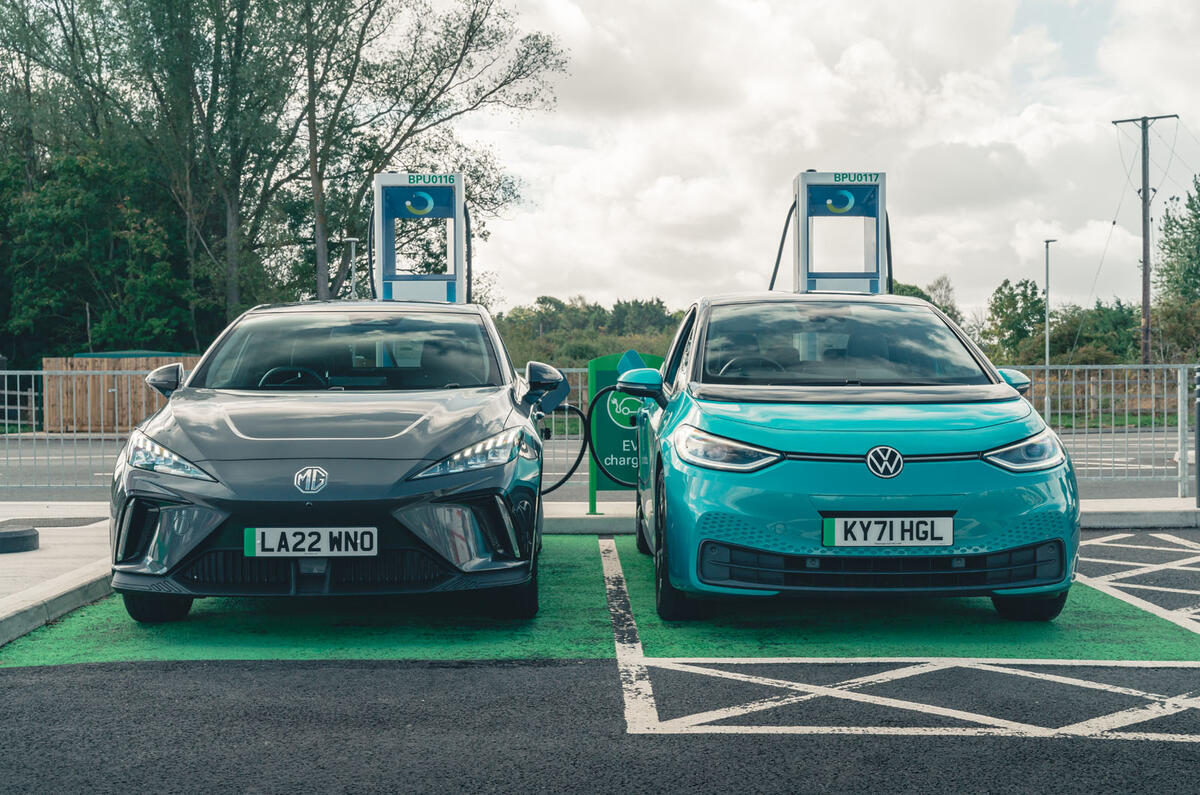Volkswagen Group CEO Oliver Blume has said imposing tariffs on Chinese cars in Europe would stifle competition and could risk retaliatory action in China.
Speaking at the company's annual press conference, he opined that making it more difficult for Chinese firms to sell cars in Europe would ultimately threaten the ability of European firms to compete at a global level.




Add your comment